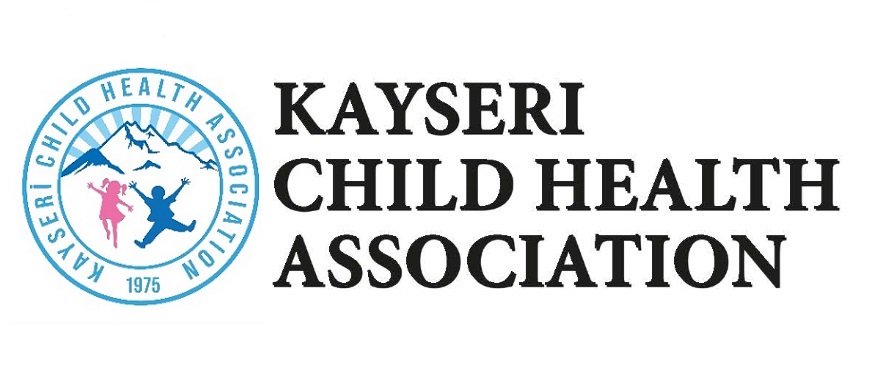Resistant Chorea Successfully Treated With Intravenous Immunoglobulin: A Case Report*
Keywords:
Antiepileptic drugs, dopamine antagonist, intravenous immunoglobulins, Sydenham chorea.Abstract
Sydenham’s chorea (SC) is common cause of acquired chorea in childhood. SC occurs mainly in children with untreated streptococcal infections. An effective list of therapeutic options has been used to treat this disorder: antiepileptic drugs (valproic acid, carbamazepine etc.), haloperidol, chlorpromazine, amphetamines, steroids, plasma exchange and intravenous immunoglobulins (IVIG). We report a 12-year-old girl with carditis and severely generalized chorea and successfully treated with IVIG. This case report shows that IVIG is an effective treatment for the chorea cases resistant to anticonvulsants, dopamine antagonists and steroids, although larger studies are needed to confirm this conclusion.
Downloads
Published
2021-12-31
How to Cite
Guven, A. S., Oflaz, M. B., Kaya, A., Bolat, F., Aygüneş, U., & İçağasıoğlu, F. D. (2021). Resistant Chorea Successfully Treated With Intravenous Immunoglobulin: A Case Report*. The Journal of Pediatric Academy, 2(3), 117–120. Retrieved from https://jpediatricacademy.com/index.php/jpa/article/view/146
Issue
Section
Case Reports
License
The JPA offers users open access to reach all published articles freely within the framework of
NC-ND 4.0)” license.









